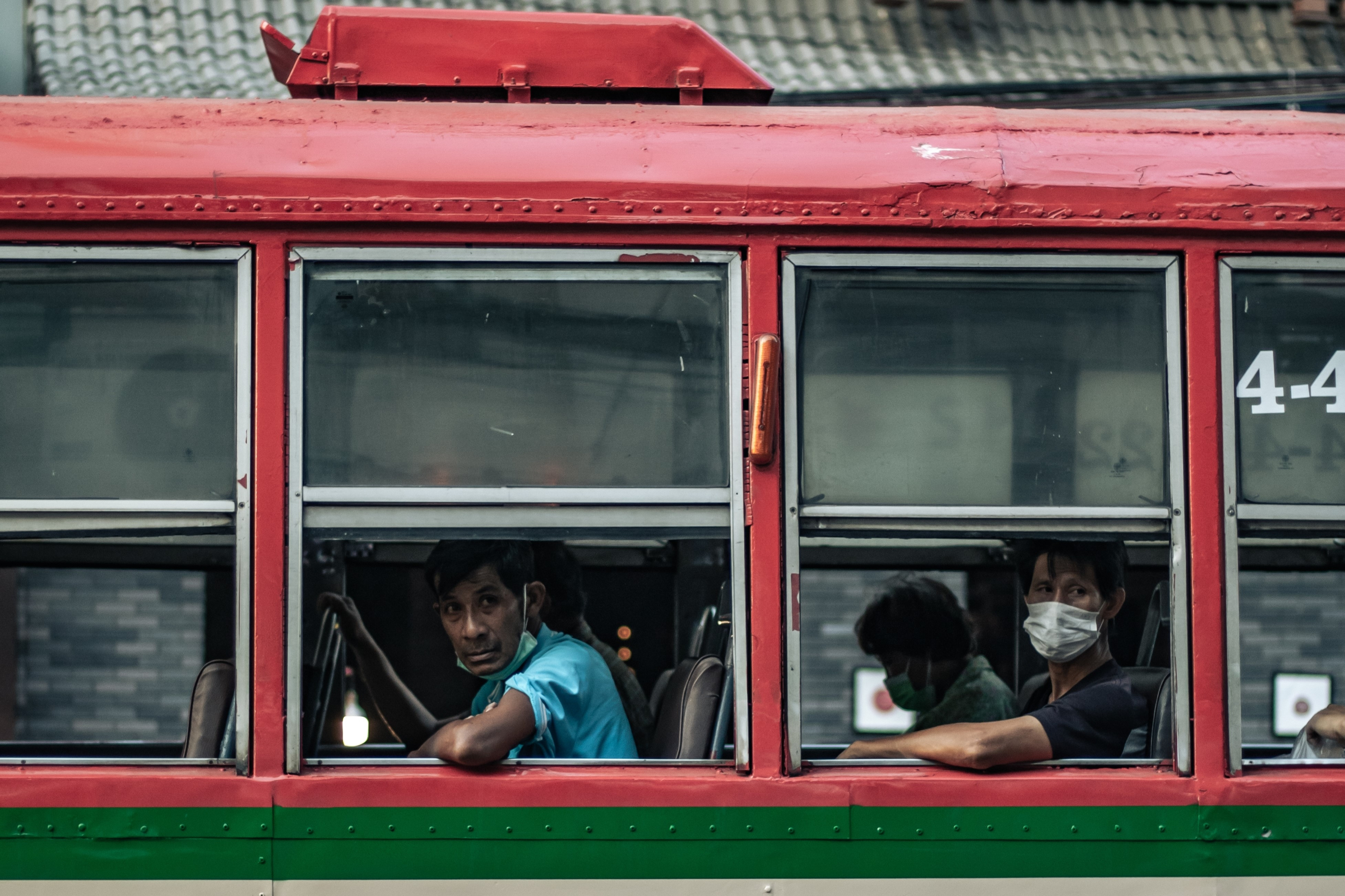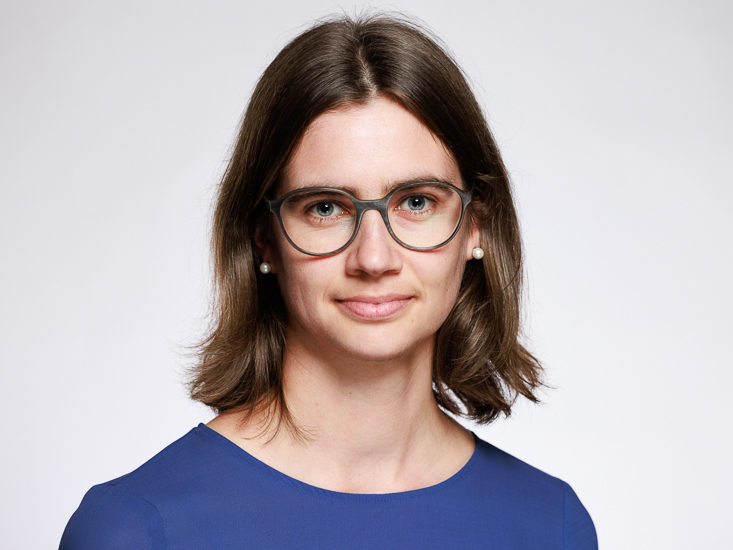Share post now
Climate policy
Trade in carbon certificates – more apparent than real?
03.12.2024, Climate justice
Whether in regard to the CO2 Act or the new austerity programme: Swiss policymakers are relying increasingly on carbon certificates from abroad to meet their own climate target by 2030. Yet the plan could fail – the first programmes are already showing serious shortcomings. An analysis by Delia Berner

Old buses and ubiquitous face masks: Bangkok suffers from exhaust fumes, but do e-buses financed by Switzerland really help in Thailand? © Benson Truong / Shutterstock
In January 2024, Switzerland captured the world's attention – at least in the specialised world of the carbon markets. This was because, for the very first time, carbon emission reductions had been transferred in the form of certificates from one country to another under the new market mechanism in the Paris Climate Agreement. More specifically, Thailand had introduced electric buses in Bangkok and had reduced carbon emissions by around 2000 tonnes in the first year. Switzerland bought this reduction in order to count it towards its own climate target.
Let us take a step back: Switzerland plans, by 2030, to save more than 30 million tonnes of CO2 abroad rather than in Switzerland. The first bilateral agreements in that regard were concluded in the autumn of 2020, and their number has now surpassed a dozen. Several other projects are being developed, ranging from biogas facilities and efficient cooking stoves in the poorest countries, to climate-friendly cooling systems, and also to energy efficiency in buildings and industry. So far, only two programmes have been approved for attribution towards Switzerland's climate target. And the 2000 tonnes of CO2 savings from Thailand were in fact the first certificates to be traded. This means that much remains to be done by 2030 if there is to be a sufficient number of certificates available for purchase by Switzerland.
The first project could fail...
After inspecting case documents under the Freedom of Information Act, the "Beobachter" newspaper has now revealed that the very first programme in Bangkok is at risk of failing to generate any further certificates. Already a year ago, allegations began reaching the Federal Office for the Environment (FOEN) to the effect that the e-bus manufacturing company was violating national labour law and the right to the freedom of association enshrined in human rights law. Although a provisional agreement was reached a year ago, new allegations apparently surfaced this year, which the FOEN must now investigate. This is so because Switzerland cannot approve certificates if human rights violations were entailed in generating them. The FOEN was quoted in the "Beobachter" to the effect that it "can and will" suspend further issuance of certificates if the allegations are substantiated. Extensive investigation by the "Republik" magazine has brought yet more allegations to light. Supposedly, Switzerland was even implicated in an economic crime in Thailand by fuelling a 10-billion-franc stock market bubble and ignoring warnings.
The second approved project, too, will generate fewer certificates than promised. A new research by Alliance Sud into the cooking stove project in Ghana reveals that its planning entailed over-estimating emission reductions by as much as 1.4 million tonnes.
It is now already clear that, in general, foreign offsets are no cheaper and certainly no easier to implement than climate protection measures in Switzerland. The latter will have to be introduced sooner or later anyway in order to achieve the net zero target in Switzerland.
More than growing pains
The first projects illustrate the difficulties being encountered in ensuring that a project effectively reduces carbon emissions by a particular amount and is also cost-effective. Doubts surrounding reductions have been the reason why many offset projects have made the headlines in recent years. Cost effectiveness is crucial, as the majority of the certificates are paid for by the Swiss public through a tax on fuel. To verify these two things, the FOEN would need to examine the projects' financial plans. It would have to be persuaded, for example, that project costs include no disproportionate margins or profits, but that as much money as possible is being invested in climate protection or sustainable development, with the involvement of the concerned population groups in the partner country.
Yet the flaws of the Swiss system of foreign offsets are becoming apparent here. Because the certificates are not bought by the Confederation but by the Foundation for Climate Protection and Carbon Offset, Klik, which converts the proceeds from the fuel tax into certificates, the "commercial details" are not revealed to the public. What this means is that no one knows the cost of saving a tonne of carbon emissions by using e-buses in Bangkok, or the overall amount of money being invested in the cooking stove project in Ghana – let alone what the yields accruing to private market participants look like. Moreover, in the case of the aforementioned project in Ghana, extensive passages were redacted in the project documentation that was published. The transparency is even worse than in the case of serious standards in the voluntary carbon market.
Twofold need for action
These challenges go beyond mere teething problems and reveal a twofold need for action by Swiss lawmakers. First, the lack of transparency regarding project-related financial information in the ordinance on the CO2 Act must be remedied. The ordinance is currently being aligned with the latest revision of the Act. Second, the image of foreign offsets as a cheaper and simpler path to climate protection must be corrected. Switzerland must move ahead with climate protection within its borders and again achieve climate goals after 2030 without carbon offsets. Alliance Sud calls on the Federal Council to incorporate this into the CO2 Act after 2030.
